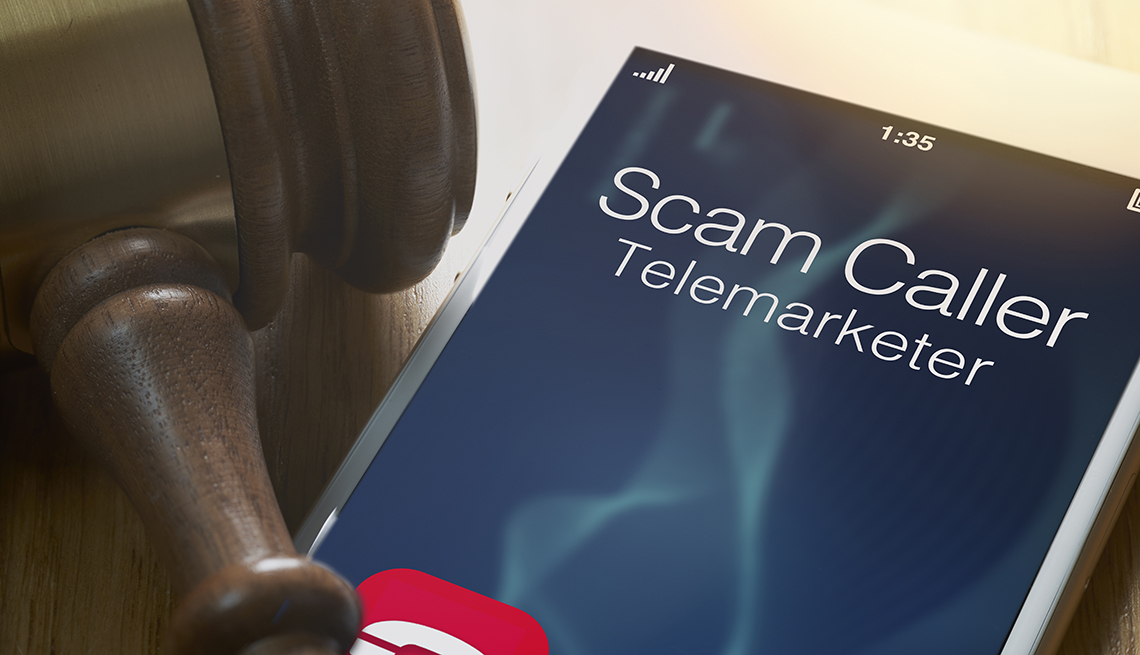
Federal Trade Commission Consumer Information. David Lazarus. The agreement between carriers and states doesn’t say what level of call blocking must be offered for free, so it’s up to the carriers to decide. Scammers are also very good at reading people, gaining their confidence, and playing to their fears. Consumer complaints about unwanted calls dominate gripes filed with the Federal Trade Commission every year, and not just because folks are being interrupted in the middle of watching Jeopardy. Share this page Facebook Twitter Linked-In.
You May Like
How many times a day do you pick up the phone, only to have it be a recording? Or worse, a spam call pushing a sale? Robocalls have become an epidemic, with roughly 3. Those affected are receiving over 10 calls a month, on average. Robocalls can be broken down into three categories. There are legitimate calls from places like your pharmacy saying your prescription is ready for pick-up.
Sharing is Nice

A prominent consumer advocacy group is calling on telephone companies to do more to block robocalls , those annoying, recorded messages that seem to keep invading our phones like, well, a horde of malicious robots. Consumers Union, the political and advocacy wing of Consumer Reports, launched a campaign and petition Tuesday at EndRobocalls. For many consumers, the federal Do Not Call list , created in , has cut down the number of robocalls coming from legitimate businesses. The commission received more than 3 million complaints about violations of the Do Not Call list in Call-blocking technology uses computer programs to check incoming calls against a list of confirmed spammers and block calls from numbers that appear on the list. Apps and other blocking tools are commercially available to users of Web-based phone services and some mobile phones, but not widely for land lines or many other mobile customers.
Most Popular Videos
How many times a day do you pick up the phone, only to have it be a recording? Or worse, a spam call pushing a sale? Robocalls have become an epidemic, with roughly 3. Those affected are receiving over 10 calls a month, on average. Robocalls can be broken down maks three categories.
There are legitimate calls from places like your pharmacy saying your prescription is ready for pick-up. The final, and potentially most troublesome, are scam calls—illegal calls aimed at defrauding you.
These scam calls are on the rise, hhow fraudsters using sneaky methods to get you to companiez your phone. You can register right how much money to phone companies make on robocalls or verify that you are on the registry by providing your phone number and email. Being on the registry generally will not stop scammers, but it will protect you from legitimate businesses from bombarding you with unwanted calls. Whether on a landline or a cell phone, the easiest way to avoid unwanted calls is to not answer.
So use technology to fight. In fact, there are hundreds of apps on the market that are aimed at blocking robocalls. But not all apps are created equal. For smartphones, check out Hiya. Those seeking a solution for their landline should check out the aforementioned Nomorobo, a free service that scans calls for you.
If not, Nomorobo intercepts the call and hangs up for you. The company also says more than ,00 types of calls are being blocked at any given time. On iPhones, look up your recent calls. Robocalls Have Become an Epidemic.
By Megan Leonhardt May 23, You May Like. Read More.
16-Year-Old Made $20,000 Getting Back at Robocallers
You may also like
A few types of robocalls are allowed under FTC rules without your permission, like political calls about candidates running for office or charities asking for donations. When weaknesses are discovered—and it is a question of when, not if—SHAKEN must be adjusted quickly to patch the vulnerability. Getty Images. The tech giants will also provide other call blocking and call labeling for those customers who want more screening tools. The user experience will be like that of email spam. Real Estate. If the carrier knows a call is originating on its own network and the caller has the right to use the number—and the carrier has not received complaints about that caller—then, generally speaking, the carrier can be more confident the caller is not a scammer.

Comments
Post a Comment